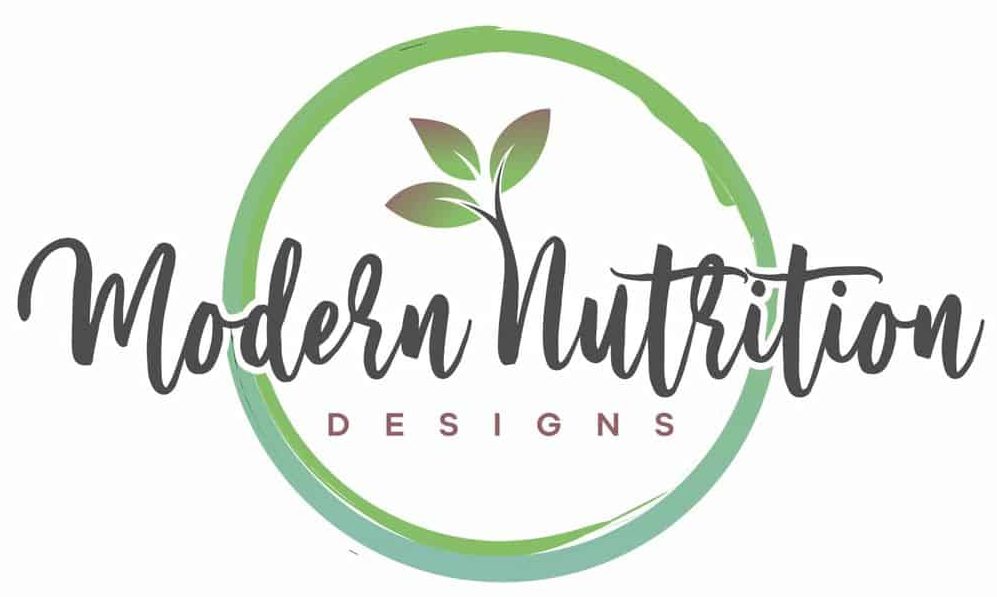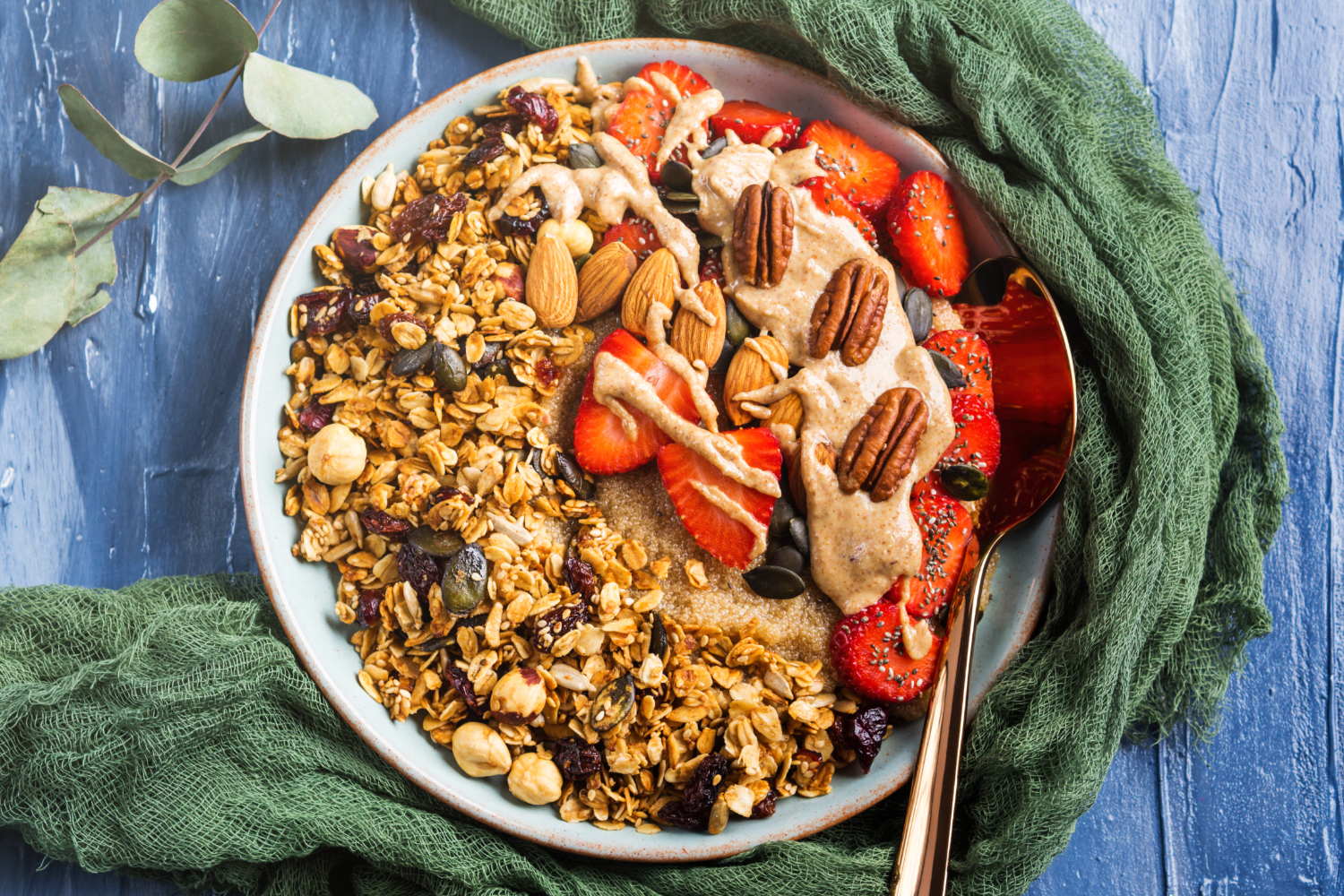The truth about fat is that we need minimal amounts, yet the average individual is getting well above the recommended daily amount. What matters most are the types of foods you are getting your fat from.
Whole food plant-based fat sources come packaged with all the healthful benefits our bodies require without the added risks that animal fat sources carry. Some examples of these healthy fatty acids are seeds, nuts, avocados, and coconuts. Their benefits range from the promotion of proper brain health to the facilitation of nutrient absorption.
You can find a full list of healthy plant-based fat sources below, as well as a guide for incorporating more of these fats into your diet.
In this article we will cover the following topics:
- Full list of the healthiest plant-based fat sources
- 10 Ways to incorporate more healthy plant-based fats into your diet
- Types of fats & Recommended daily intakes (RDIs)
- Total fat
- Saturated fat
- Unsaturated fat
- Monounsaturated fat
- Polyunsaturated fat
- Trans fat
- Benefits of eating plant-based fats & why we need them
Healthiest plant-based fat sources
- Olives
- Avocado
- Coconut
- Soybeans (edamame)
- Cacao nibs
- Seeds
- Hemp
- Flax
- Chia
- Sesame
- Sunflower
- Pumpkin
- Poppy
- Nuts
- Walnuts
- Almonds
- Pecans
- Brazil nuts
- Cashews
- Pecans
10 Ways to incorporate more healthy plant-based fats into your diet
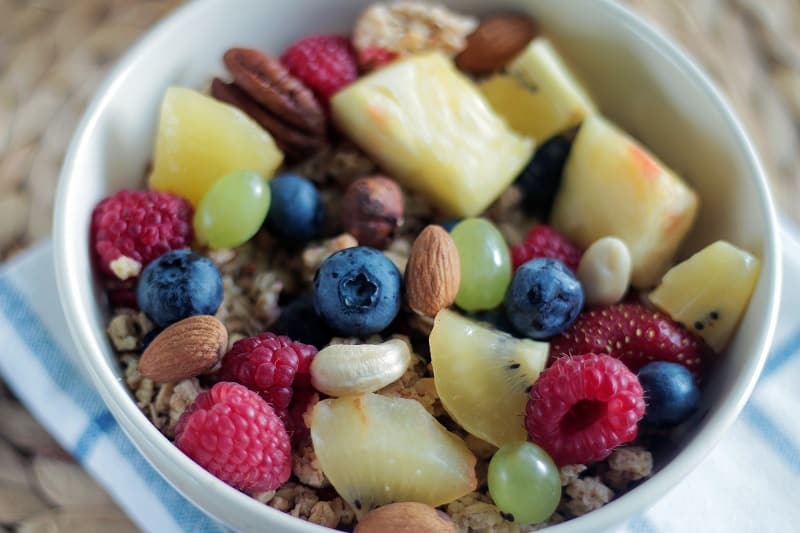
- Smoothies: Toss some hemp, chia, or flax seeds into your blender with some frozen fruit and fresh greens.
- Salad Dressings: Whisk together tahini (sesame seed paste), flax seeds, spicy brown mustard, and apple cider vinegar.
- Stir Frys: Add edamame, cashews, or peanuts to a variety of colorful veggies. Eat over rice.
- Nut-butters: spread on top of toast or in sandwiches. Also, add to smoothies or blended frozen bananas. *Read the ingredients on the nut-butter container carefully. Be sure the nuts are the major ingredient without many additives, i.e. salt & sugar.
- Granola: Add pepitas, chia seeds, sunflower seeds, cashews, almonds, coconut flakes, and walnuts to any granola.
- Trail Mix: Mix dried fruit with cashews, almonds, brazil nuts, pepitas, sunflower seeds, coconut flakes, and cacao nibs.
- Guacamole: Spread on top of toast or in sandwiches, eat with raw veggies, or on any Mexican dish.
- Smoothie Bowls: Mix frozen fruit and fresh greens with some nut milk. Top with cacao nibs, coconut flakes, and pepitas (pumpkin seeds). *Choose a nut milk that is unsweetened.
- Salad Toppings: Add walnuts, cashews, pine nuts, hemp seeds, olives, avocados, or edamame to any salad.
- Oatmeal: Stir in some nut milk and hemp, chia, or flax seeds. Top with fresh fruit. You can also mix with a nut-butter.
Types of fats & Recommended daily intakes (RDIs)
Total fat
The dietary reference intake (DRI) for fat in adults is 20% to 35% of total calories from fat. That is about 44 grams to 77 grams of fat per day if you eat 2,000 calories a day. You can use the reference below to get an idea of what 44-77 grams might consist of.
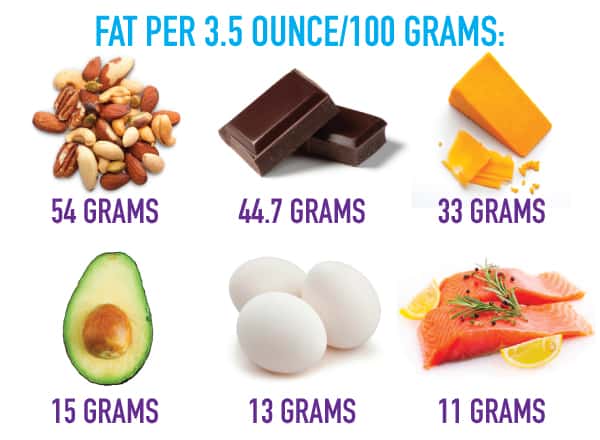
Saturated Fat
Saturated fat is simply fat molecules that have no double bonds between carbon molecules because they are saturated with hydrogen molecules. These are usually solid at room temperature.
Most forms of saturated fats are found in animal products, but small amounts may also be found in plant sources. Dairy, poultry, beef, pork, butter, lard, lamb, and plant oils contain saturated fat.
Diets high in saturated fat are known to increase the risk of cardiovascular disease, stroke, obesity, dementia, diabetes, and certain types of cancer. It is best to limit these fats as much as possible. The Cleveland Clinic recommends eating less than 7% of your total fat calories from saturated fats.
Unsaturated fat
An unsaturated fat is a fat or fatty acid in which there is one or more double bond in the fatty acid chain. These tend to be liquid at room temperature
Unsaturated fats are considered beneficial fats because they can improve blood cholesterol levels, ease inflammation, stabilize heart rhythms, and play a number of other beneficial roles. Unsaturated fats are predominantly found in foods from plants, such as avocados, nuts, and seeds. These fats are also found in vegetable oils but it is much more beneficial to obtain your fats from whole plant sources. For more on this topic click here (Coming soon!).
Unsaturated fats are divided into two categories:
Monounsaturated fat
Monounsaturated fats are simply fat molecules that have one unsaturated carbon bond in the molecule. These fats are typically liquid at room temperature but start to turn solid when chilled. Olives, almonds, cashews, peanuts, and avocados are some examples of food that contain monounsaturated fats. The RDI for this type of fat is 15%-20% of total fat calories.
Polyunsaturated fat
Polyunsaturated fats are fat molecules that have more than one unsaturated carbon bond in the molecule. These also tend to be liquid at room temperature, and solid when chilled.
You can find polyunsaturated fats in sunflower, flax, chia, and sesame seeds, soybeans, pine nuts, walnuts, and Brazil nuts. The RDI for polyunsaturated fats is 5%-10% of total fat calories. This form of fat is where you get your omega-3s and some omega-6s. Monounsaturated fats (listed above) are the other source of omega-6 fatty acids.
Trans fat
“Most of the trans fat in the foods we eat is formed through a manufacturing process that adds hydrogen to vegetable oil, which converts the liquid into a solid fat at room temperature. This process is called hydrogenation.” Trans fat is only found in animal and man-made products, such as meat, butter, yogurt, milk, cheese, fried foods, and baked goods like pizza, cakes, cookies, and crackers.
In 2015, the FDA determined that artificial forms of trans fat, such as those blasted with hydrogen to ensure a longer shelf-life, are no longer “Generally Recognized as Safe.” It wasn’t until January 1, 2020, however, that these items are officially banned from being sold in American grocery stores.
Notice how other toxic sources of trans fats are still supplied in supermarkets? Meat and dairy products, which naturally contain trans fat, are still available to the public regardless of these new FDA regulations.
Benefits of eating plant-based fats & why we need them
One of the greatest benefits of ingesting plant fats as opposed to animal fats is that you get all the essential fatty acids required by the body without the harmful effects that accompany those obtained from animal sources.
Recently, researchers set out to determine whether the health benefits stemming from monounsaturated fats are the same regardless of where they come from, i.e. from either animal or plant sources. After studying data from over 90,00 people, their results were conclusive. “Heart disease risk was lower when unhealthy saturated fat, refined carbohydrates, or trans fat was replaced by plant-based monounsaturated fat, but not by animal-based monounsaturated fat.”
Many fats from animal products tend to accompany significant amounts of dietary cholesterol. Our bodies make cholesterol naturally. There is no need to acquire it from other animals. Problems such as cardiovascular disease and other heart-related issues have a tendency to increase when ingesting dietary cholesterol.
Unlike plants, animal products also tend to be high in saturated fat, which has been shown to play a large role in atherosclerosis and heart disease. Plant-based alternatives, on the other hand, do not come with adverse effects in most cases.
The only exceptions include the following:
- Ingesting plant-based fats that have been altered from their original form, i.e. oils
- Ingesting too much fat overall from any source
Overall, stick with minimal amounts of whole plant foods and you will obtain all the fatty acids required by the body, without the harmful side effects acquired from ingesting too much fat, or the wrong types.
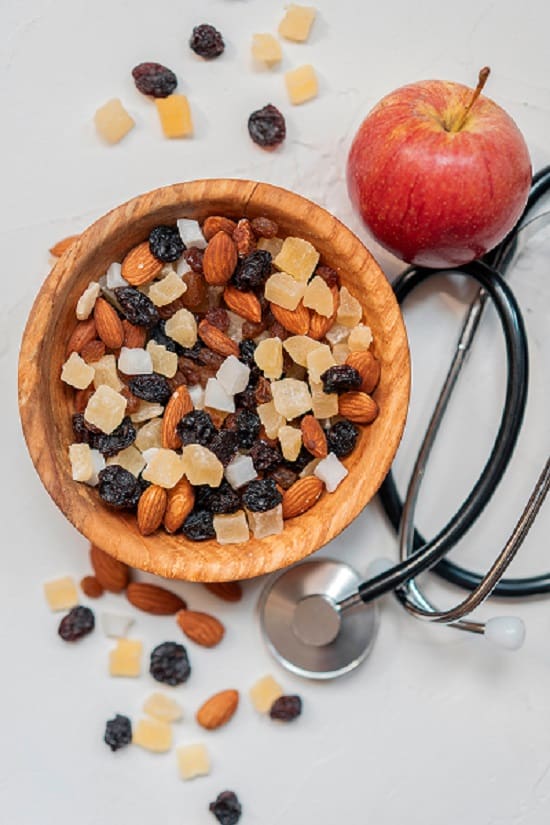
Why we need fat
Even though fat has a tendency to hold a negative reputation, it is essential for our bodies to carry out vital physiological functions such as:
- protect our organs
- create cell walls
- give us energy
- support cell growth
- keep our body warm
- absorb essential nutrients
- make up most of our brain tissue
- produce hormones
Highlights on plant-based fats
- There are many delicious sources of plant-based fats, such as avocados, nuts, seeds, and olives.
- There are also many delicious ways to incorporate these foods into your everyday meals.
- Although the RDIs may provide a helpful reference point, measuring daily fat intake and overall percentages are unnecessary unless combating a serious illness brought on by dietary excess. In which case, you would need to speak with your doctor concerning recommended daily amounts.
- Plant sources of dietary fat are healthier than animal sources, with the exception of plant oils. This is due to the large amounts of saturated fat and cholesterol found in animal products.
- Fat is an essential part of our diet because it helps our bodies carry out numerous critical functions, such as protect our organs and produce hormones.
Karli Jackson
